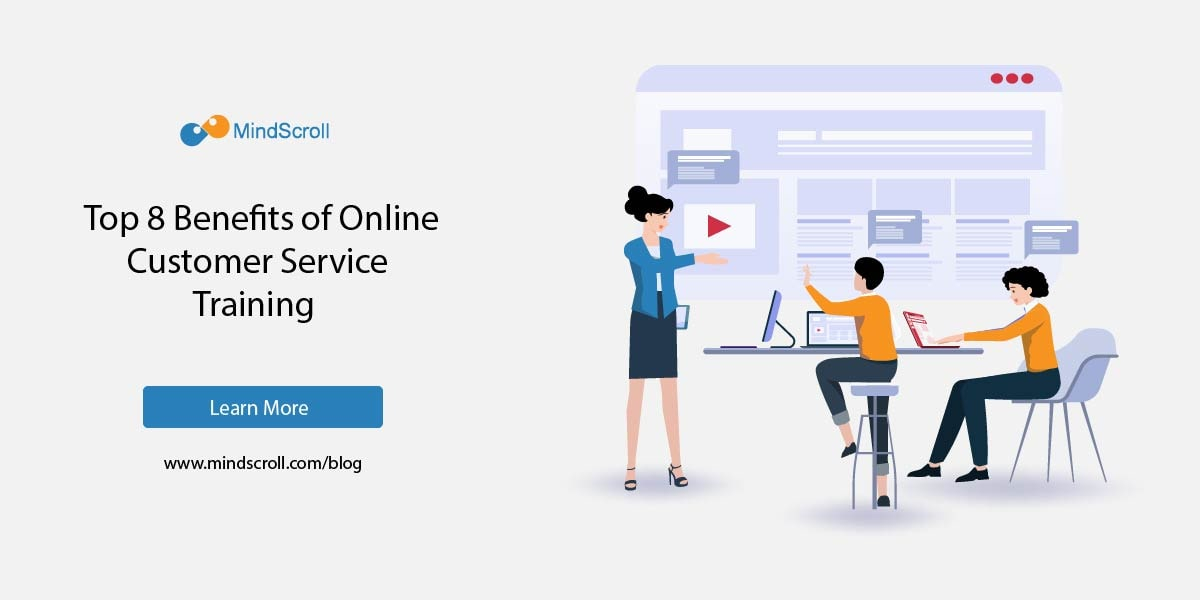Choosing the best Learning Management System is a complex task and is based on various factors. You not only have to choose the best fit according to your requirements but also make the decision considering your organization’s budget. There are six different LMS pricing models most commonly offered by LMS providers. Understanding them will help you to choose the one that suits your business.
1. Pay per User
In this LMS pricing model you buy the license for a defined number of users as per the estimated number of users in your organization. The user license quota then defines the maximum number of users that can be created in your account. For example, if you subscribe for a 500 user license, you can create a maximum of 500 users in your account who will then be able to access the LMS. If you want to add more users, you will have to subscribe for additional user licenses.
This LMS pricing model is usually offered by cloud based LMS providers which means that you are not responsible for its maintenance. All the upgrades and updates are done by the vendor. This helps you focus on developing and deploying your training content for maximum effectiveness.
This model is suitable for organisations who have a defined training calendar and better estimation of the number of users who will use the Learning Management System.
2. Pay per Active User
This LMS pricing model is more economical than the Pay per User pricing model. In this model, you can create unlimited users in the Learning Management System and have to pay only for users who are actively using the LMS within the billing period.
This LMS pricing model is also offered by Cloud based LMS providers. An active user can be defined in a variety of ways by the vendors. Some of the most common ones are
a) A user who is unlocked and is able to login during the billing period.
b) A user who logs in during the billing period.
c) A user who opens a course during the billing period.
Depending on the definition of active user, you have to pay for the number of active users within the billing period.
This LMS pricing model is suitable for organizations which do not have a clear estimation of how many users will use the LMS during the billing period.
3. Pay per Registered User
This LMS pricing model is most suitable for those who are in the business of selling online training courses. In this model, you have to pay only for users who are registered on LMS. The users have to sign up with a user ID and password. This relieves you from paying for all the member of your organization.
4. Periodic Licensing
Periodic licensing gives LMS access to unlimited users for a specific period of time mostly monthly or annually. This LMS pricing model is preferred by large organizations who want a fixed expense irrespective of the usage.
Usually, in this type of LMS pricing model, there is a multi-year contract (2 years or more) with an agreement on a set of features. If you opt for this model, you will have to pay a fixed license cost periodically irrespective of the usage and you can renew the license after the end of contract period. The only downside in this model is that the license does not include auto-upgrades, and you will have to pay extra for additional features or upgrades.
5. Perpetual Licensing
If want to purchase a Learning Management System and own it once and for all, you can opt for perpetual licensing or outright purchase. You won’t have to worry about user traffic or license renewal. In this LMS pricing model, you pay a large upfront License fee and a recurring Annual Maintenance Cost for maintenance and support.
This LMS pricing model is usually applicable for Installation based or On-Premise Learning Management Systems. You will be required to host the LMS on your own server and pay extra in case you need to upgrade or add additional features.
This model is usually preferred by large organizations who do not wish to incur recurring cost and also have greater emphasis on control and security (like financial institutions).
6. Free LMS
There are couple of LMS types where you can use the Learning Management System without incurring any user license cost.
I. Open Source
In Open source LMS, like the name suggests, the original source code of the software is available openly for download and is free to use. But once you have downloaded and installed an Open Source system, you will need technical skills to get it up and running. You will need to set up the server and implement a hosting architecture to handle concurrent users. You can either take help from your IT team or hire experts from outside to do it for you.
Unlike the commercial ones, Open Source Learning Management Systems do not come with a dedicated technical support. Most support is forum based, and you have to do de-bugging and upgrade of software on your own.
Open Source LMS provides the freedom from License Cost and the flexibility to customise and personalise it. But they also come with hidden costs of setup, hosting, maintenance and support. They are usually preferred by organizations who have technical team in-house and limited budget.
II. Freemium
In this LMS pricing model, you can use the basic version of LMS for free. Mostly, the free version is offered with limited features or a small user quota (5-10 users) by LMS providers. If you want to add users or use more features, you will have to upgrade to one of the paid subscription plans.
So, which model should you choose?
Well, it depends on a variety of factors like expected number of users, business model, your organisations’ budget and preferred expenditure type (CapEx vs. OpEx). There are a number of LMS available in the market with varied features and pricing models. With the basic understanding of the different types of LMS pricing models, you can choose the best option for Learning Management System according to your budget and your e-learning requirements.
If you are looking for a cloud based LMS with Active User based LMS pricing model, you can explore MindScroll LMS. Take a 15-day Free Trial and set up your LMS in minutes with a simple On-boarding process.
LMS, Learning Management System, Cloud LMS, Open Source, Moodle, LMS Pricing Models, Active Users vs Registered Users, Perpetual Licensing, What is active user?, LMS Subscription Plans




